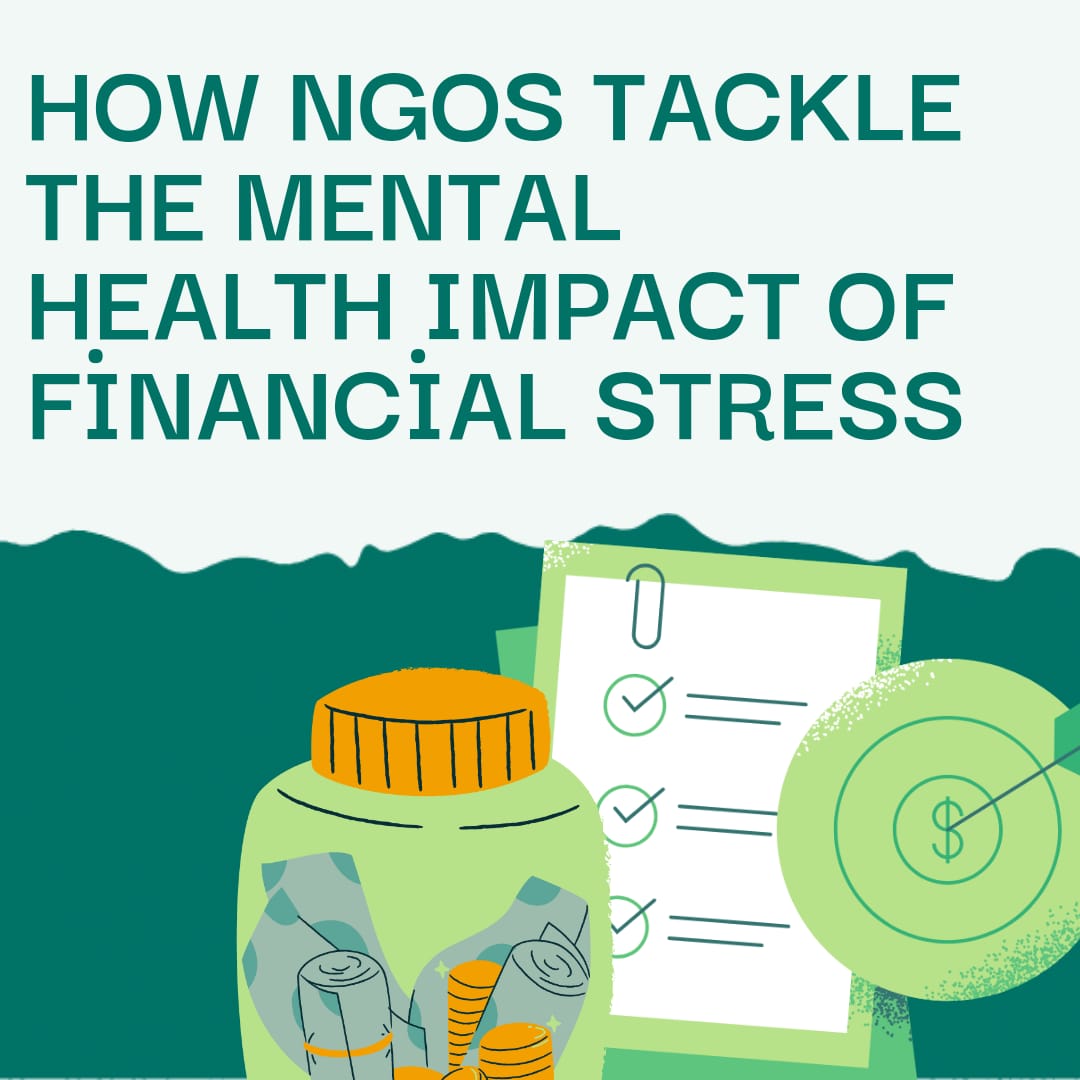
Financial worries are a universal burden, but their impact goes beyond just empty wallets. Non-Governmental Organizations (NGOs) are recognizing the significant link between financial stress and mental health, and are stepping in to address this complex issue.
The Vicious Cycle: Money Worries and Mental Wellbeing
Financial stress can wreak havoc on mental health, creating a vicious cycle:
- Anxiety and Depression: Constant worry about bills, debt, and financial security can lead to anxiety and depression.
- Decision-Making Difficulties: Financial stress can impair cognitive function, making it difficult to make sound financial decisions, potentially worsening the situation.
- Strained Relationships: Financial strain can put a significant stressor on relationships, leading to conflict and isolation.
NGOs: Champions of Financial Wellness and Mental Health
Understanding this crucial link, NGOs are offering innovative programs that address both financial literacy and mental wellbeing:
- Financial Literacy Workshops: Providing workshops on budgeting, debt management, saving strategies, and responsible credit use empowers individuals to take control of their finances and reduce anxiety.
- Mental Health Support Groups for Financial Difficulties: Creating safe spaces for individuals to discuss their financial challenges and emotional struggles fosters a sense of community and reduces feelings of isolation.
- Holistic Financial Counseling: Combining financial advice with mental health support helps individuals manage both the practical and emotional aspects of their financial situation.
- Advocacy for Financial Inclusion: NGOs advocate for policies that promote financial inclusion, such as access to affordable banking services and financial products, for underserved communities.
Financial Wellness for a Healthier Mind:
Beyond program development, NGOs are taking these additional steps:
- Promoting Financial Education at All Ages: Integrating financial literacy education into school curriculums equips individuals with financial knowledge from a young age.
- Developing Culturally Sensitive Resources: Tailoring programs and resources to resonate with diverse backgrounds and financial realities ensures wider accessibility.
- Combatting Financial Scams: Educating individuals about financial scams and predatory lending practices protects them from falling victim and experiencing further financial hardship.
Breaking the Cycle, Building a Brighter Future
By tackling financial stress at its root, NGOs are helping individuals break the cycle between financial woes and mental health struggles. Through financial literacy training, mental health support, and advocacy for inclusive financial systems, NGOs are paving the way for a future where financial well-being and mental health are not mutually exclusive. In this future, individuals can achieve financial security and peace of mind, fostering a healthier and more empowered society.
Kanishka
